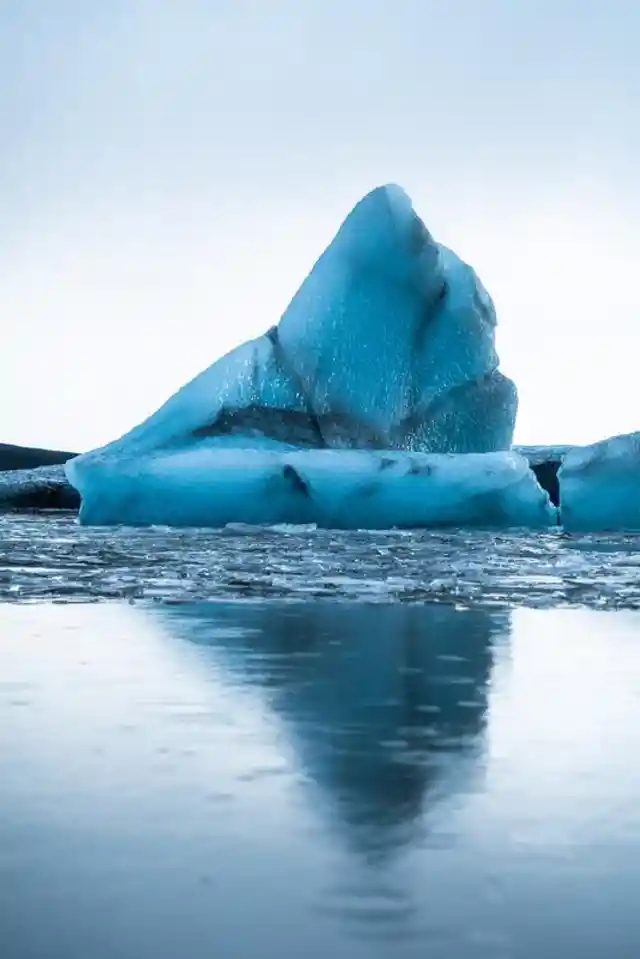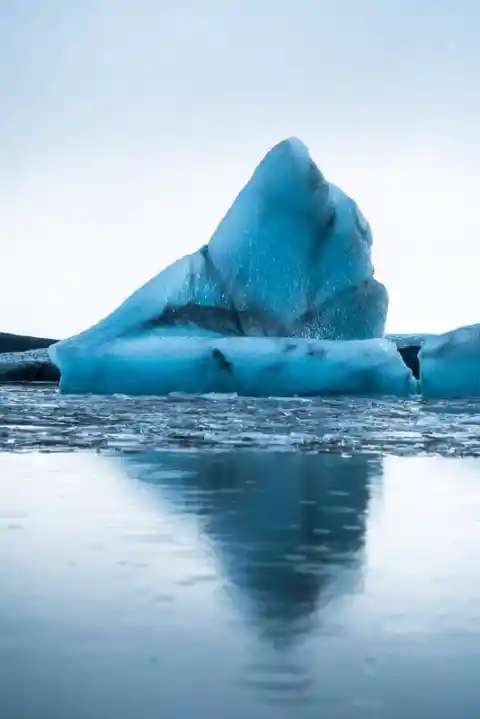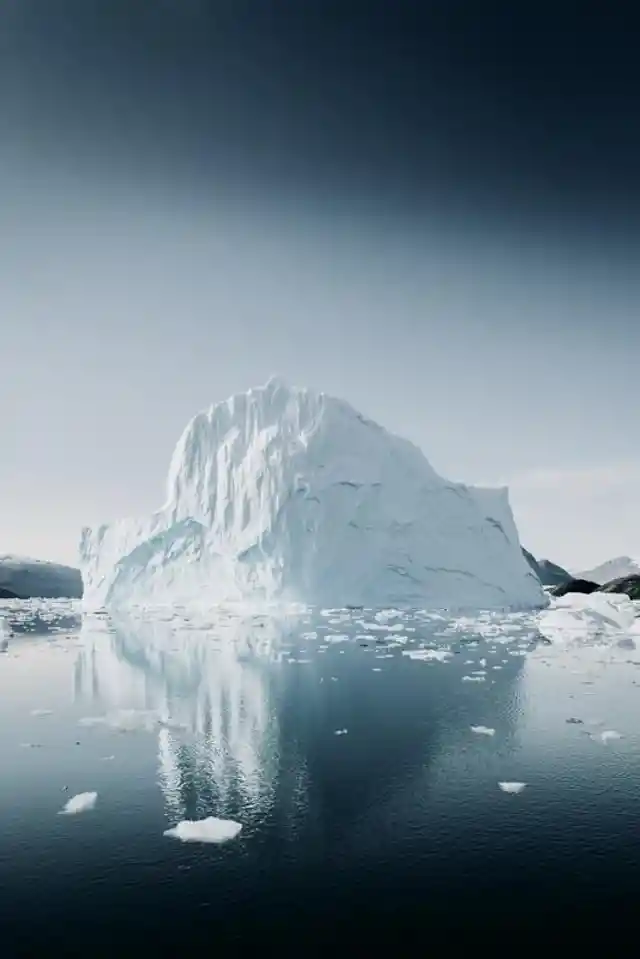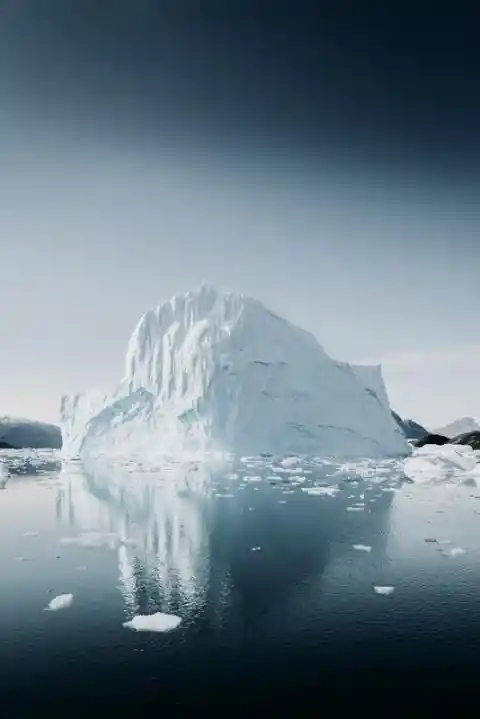The freezing point of fresh water is around 0 degrees Celsius. Water then changes from a liquid to a solid form. But what about the freezing point of salt water?


What is the freezing point of salt water?
The freezing point of salt water is a lot lower. Add 10 percent salt, and the freezing point of the water drops to -6 degrees Celsius. At 20 percent salt, the freezing point has already dropped to -16 degrees Celsius. So you don't have to worry about the sea suddenly freezing. It just remains liquid. That is because of the salt content in the water.
Because salt lowers the freezing point of water, it is also ideally suited for sprinkling on the road. Road salt eliminates or reduces ice on the road and allows you to get from A to B safely.
Why does salt lower the freezing point of water?
Not only salt lowers the freezing point of water. Sugar, alcohol, and all other substances that dissolve easily in water do the same thing. Why is that? These substances dilute the water, making it harder for water molecules to stick together at temperatures below 0 degrees.
By the way, the temperature is not the only factor that affects ice formation. To get a nice layer of ice and be able to skate safely, the other pieces of the puzzle must also fall together. Cloud cover, humidity, and wind also affect ice formation. For example, standing water freezes faster than flowing water.


No frost, but ice
And did you know that at temperatures just above freezing, water can still turn into ice? This happens when the air is very dry. This causes more evaporation. And that evaporation, in turn, causes the temperature of water to drop. A light breeze also helps ice form. But if the wind blows too hard, it can create gaps in the ice. Strong winds cause the water to mix well and the warmer groundwater to rise and spoil the fun.
So natural ice doesn't just happen. But if temperatures are low enough, even the saltiest water freezes, as the seas around Greenland show. And anyone who has ever forgotten a bottle of white wine in the freezer can see that even alcoholic beverages eventually become ice.